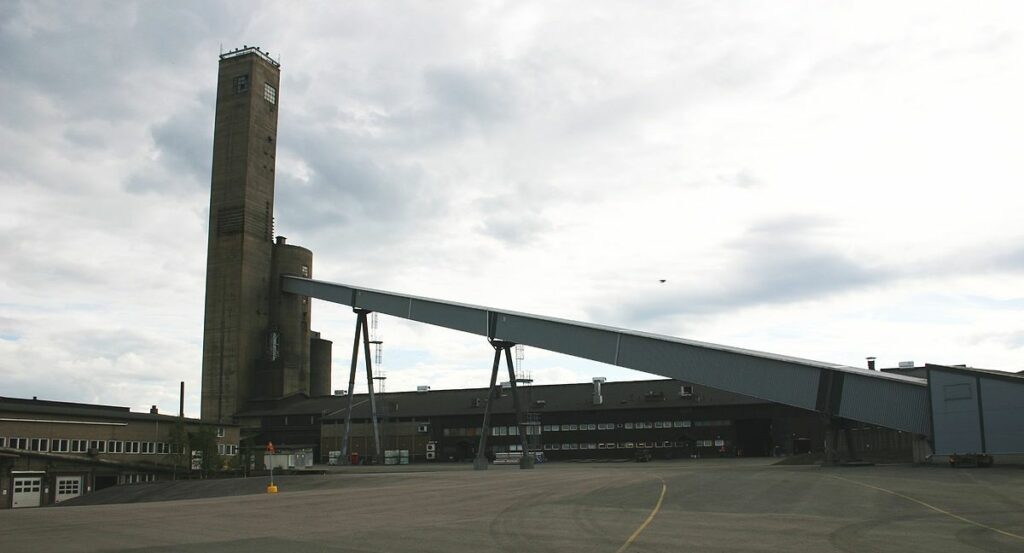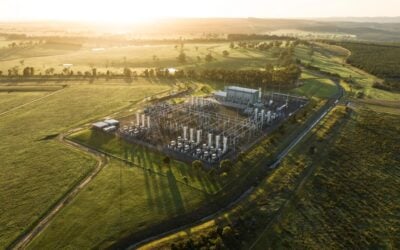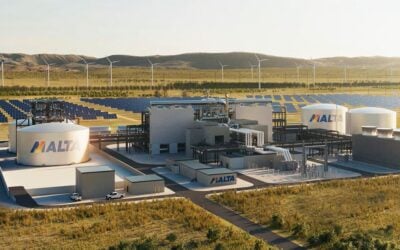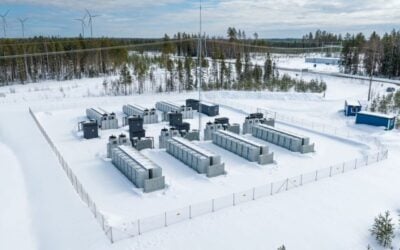
The European Commission (EC) has given the green light for state aid to contribute to the development of a large-scale pumped hydro energy storage (PHES) in Finland.
The €26.3 million (US$27.5 million) investment grant will go towards construction and installation of a 75MW/530MWh PHES at a disused metal mine site in Pyhäsalmi, about 470km north of the capital Helsinki.
Enjoy 12 months of exclusive analysis
- Regular insight and analysis of the industry’s biggest developments
- In-depth interviews with the industry’s leading figures
- Annual digital subscription to the PV Tech Power journal
- Discounts on Solar Media’s portfolio of events, in-person and virtual
The PHES facility is being developed by SEVO, a subsidiary of Finnish energy company EPV at what was until its recent closure Europe’s deepest base metals mine. SEVO aims to have the project commissioned by the end of 2025.
The EC said earlier this week that the project satisfied criteria for state aid under its rules, finding that the PHES plant implements an innovative electricity storage technology, would facilitate economic activity, and create an incentive for private investment in a project of public interest.
The Commission also found that its impact on competition and trade within the European Union (EU) would be limited, particularly as it would enable increased utilisation of renewable energy, a shared EU goal.
Meanwhile the amount of grant funding approved covers only an initial portion of costs, while the project would create jobs and yield other societal benefits, and overall, the EC found any distortive effects on EU competition and trade to be outweighed by positive impacts.
SEVO will convert the mine into its PHES plant, using it to participate in electricity spot markets as well as in balancing markets. The EC said its seven hours of stored energy can directly replace gas-fired balancing units on the system.
Using power generated cheaply from abundant renewable energy sources like wind during times of off-peak demand to charge the system and then discharging to help the network meet peak demand at later times, will also save money versus fuel costs for gas power plants.
It’s the latest energy storage-friendly state aid ruling from the European Commission.
Romania’s government a few days ago launched a scheme to provide €103.48 million state aid for the deployment of battery energy storage systems (BESS), including funds unlocked by the EU’s post-pandemic Recovery and Resilience Plan.
In September the EC approved €20 million state aid for a Croatian energy storage operator, IE-Energy, for a pipeline of energy storage projects to support the transmission network.
And perhaps most significantly, earlier that month, Energy-Storage.news reported that the EU approved €341 million support for a Greek government plan to deploy 900MW of energy storage around Greece by the end of 2025.
Despite this recent state aid support however, there has been a view in the industry that the EU’s support for energy storage currently falls short. Advocates have argued that the bloc also needs to encompass the creation of market structures and regulatory frameworks that offer batteries, PHES and other energy storage technologies a more level competitive playing field.
Meanwhile back in Finland, the government Ministry of Economic Affairs and Employment a couple of months ago granted €19.5 million state aid towards the expected total €314.8 million cost of a hybrid power plant project combining solar PV, wind and 25MW/50MWh of BESS.
Energy-Storage.news’ publisher Solar Media will host the 8th annual Energy Storage Summit EU in London, 22-23 February 2023. This year it is moving to a larger venue, bringing together Europe’s leading investors, policymakers, developers, utilities, energy buyers and service providers all in one place. Visit the official site for more info.






